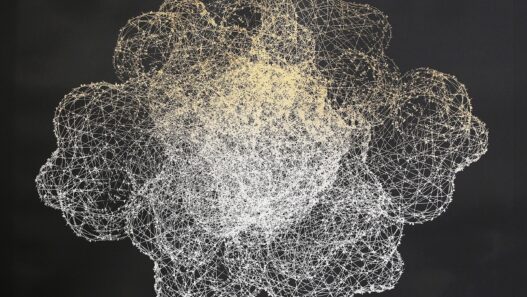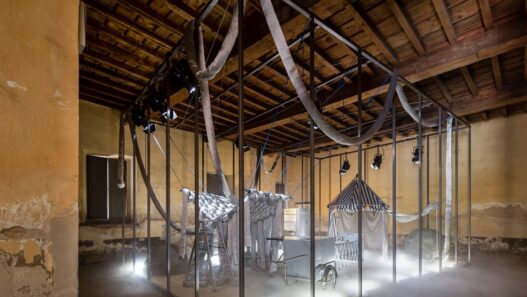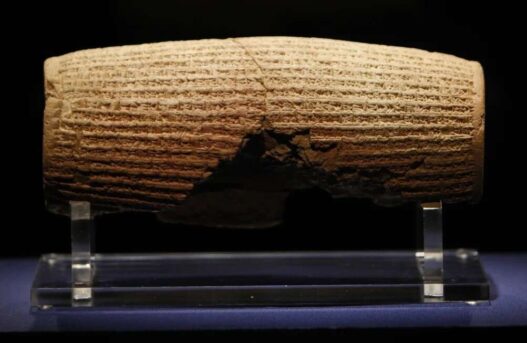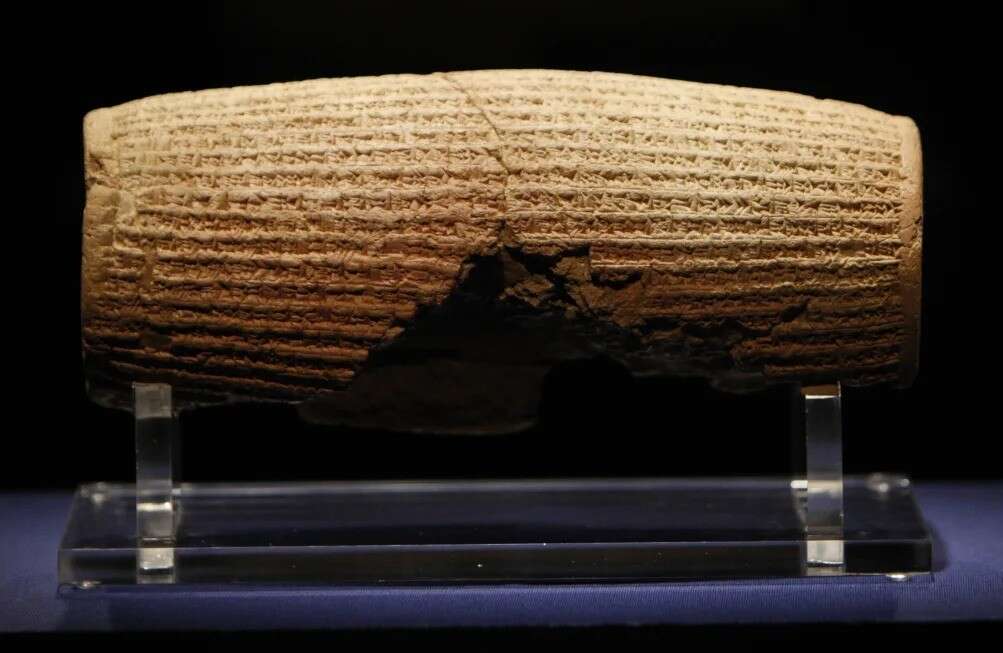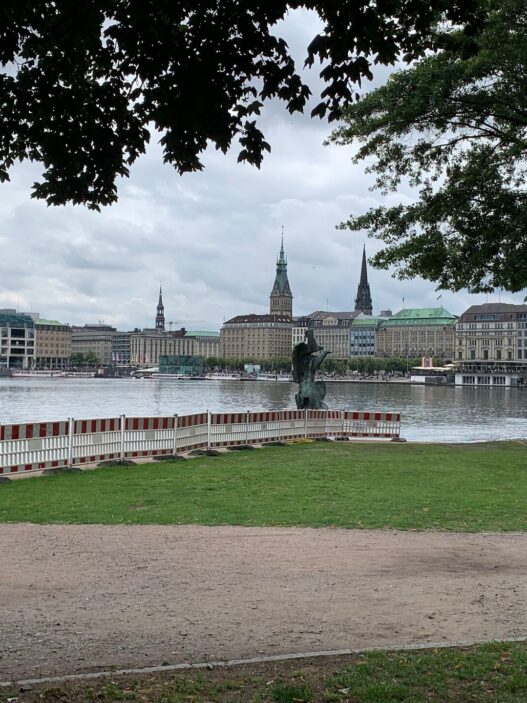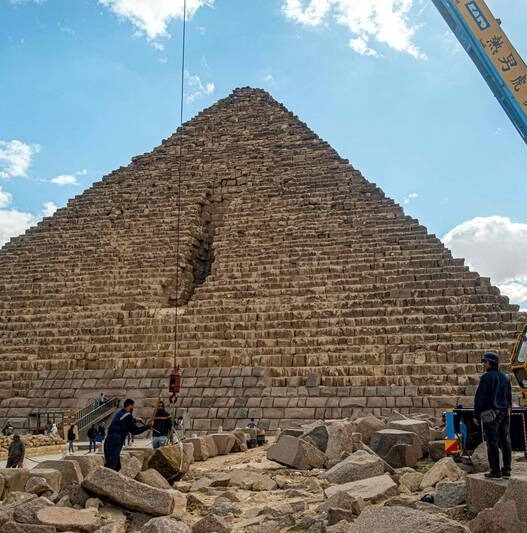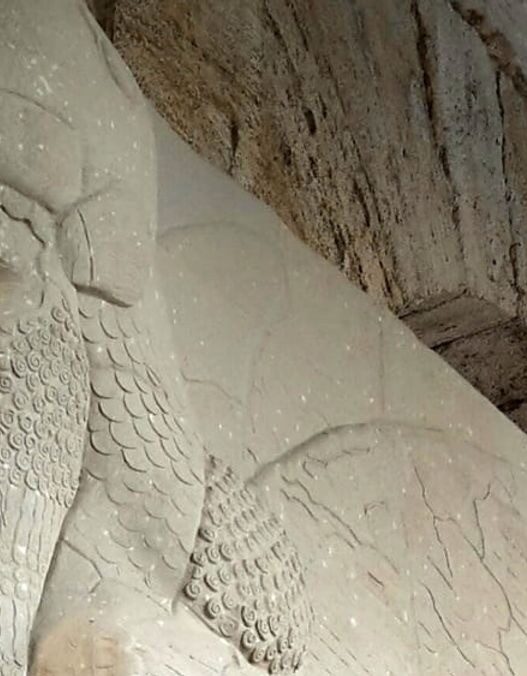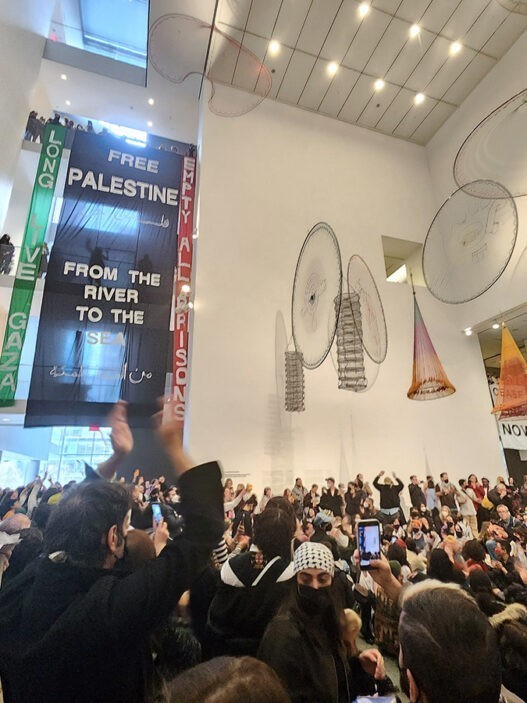Iranian authorities have called for the immediate suspension of the planned transfer of a significant Babylonian artifact from the British Museum to the National Library of Israel in Jerusalem. The artifact, a fragment of a 2,600-year-old object bearing an inscription in cuneiform, is considered a crucial document of ancient Persian rule and Cyrus the Great’s edict allowing enslaved people to return to their homelands.
Hadi Mirzaei, Iran’s director-general of the General Office of Museums, expressed concerns about the potential risks associated with the transfer, particularly given the ongoing Israel-Gaza conflict. The British Museum, in response, stated that the transfer would be announced in due course, while the U.S.-based Peabody Museum, where the artifact is currently on loan, remained silent.
The controversy surrounding the artifact’s loan has been ongoing for over a decade. In 2010, Iranian officials criticized the temporary nature of a loan to the National Museum of Iran, arguing for a longer display period in the Middle East. Historians regard the artifact as a key document, reflecting early considerations of governing diversity.
The Iranian culture ministry cited the 1945 Hague Convention, which allows governments to safeguard objects with national roots, especially in conflict-ridden areas, as the basis for their opposition to the transfer. The artifact’s ties to the region and the potential risks associated with the transfer have sparked discussions about the importance of preserving cultural heritage during times of conflict.




